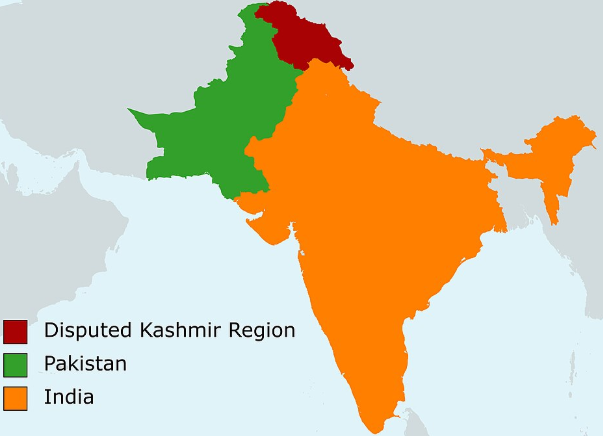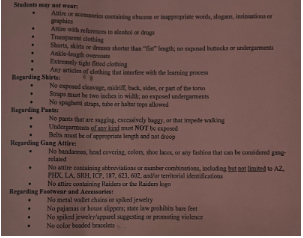During an inventory session, Greater Omaha Packing Co. discovered a product that was on hold which turned out to be packaged ground beef contaminated with E. coli. It was reported by the FSIS that some of the contaminated beef was shipped into commerce.
Escherichia coli, or E. coli, is a bacteria that, when contracted, spreads through the lower intestine. Symptoms may vary, but generally are diarrhea, stomach cramps, a fever around 101, and vomiting. Symptoms usually begin around three to four days after contracting the bacteria, and start to alleviate around the seven day mark.
The ground beef products were produced on March 28, 2024, which was printed on the packaging as “032824” along with a “Use/Freeze by” date which was April 22, 2024. An order was put out not to consume or serve these products, either to throw them away or return them. “There is no recall for these items because they are no longer available for purchase,” the FSIS says.
No one has reportedly fallen ill due to the contamination of the ground beef products, though E. coli can take 1-10 days to show its symptoms depending on the person. Individuals 65 or older have a higher risk of obtaining deadly conditions from the bacteria, as well as young children; reach out to your healthcare provider if you’re concerned about possible contact
E. coli has been a problem for decades, first described in 1885, but first recognized as E. coli in 1982. The largest outbreak on record happened in Japan, 1996. Spreading all the way to Germany, over 12,600 people were infected with the bacteria in which 50 people died as documented by several World Health Organization articles from 1996.
It is important to be safe in these conditions, especially when so many products are being recalled for listeria and salmonella, and now E. coli. Drinking clear liquids, mostly water, and avoiding dairy and fatty foods are great ways to help rid of the bacteria. But like any bacteria, bug, or virus, the best way to avoid E. coli is to wash your hands.







































